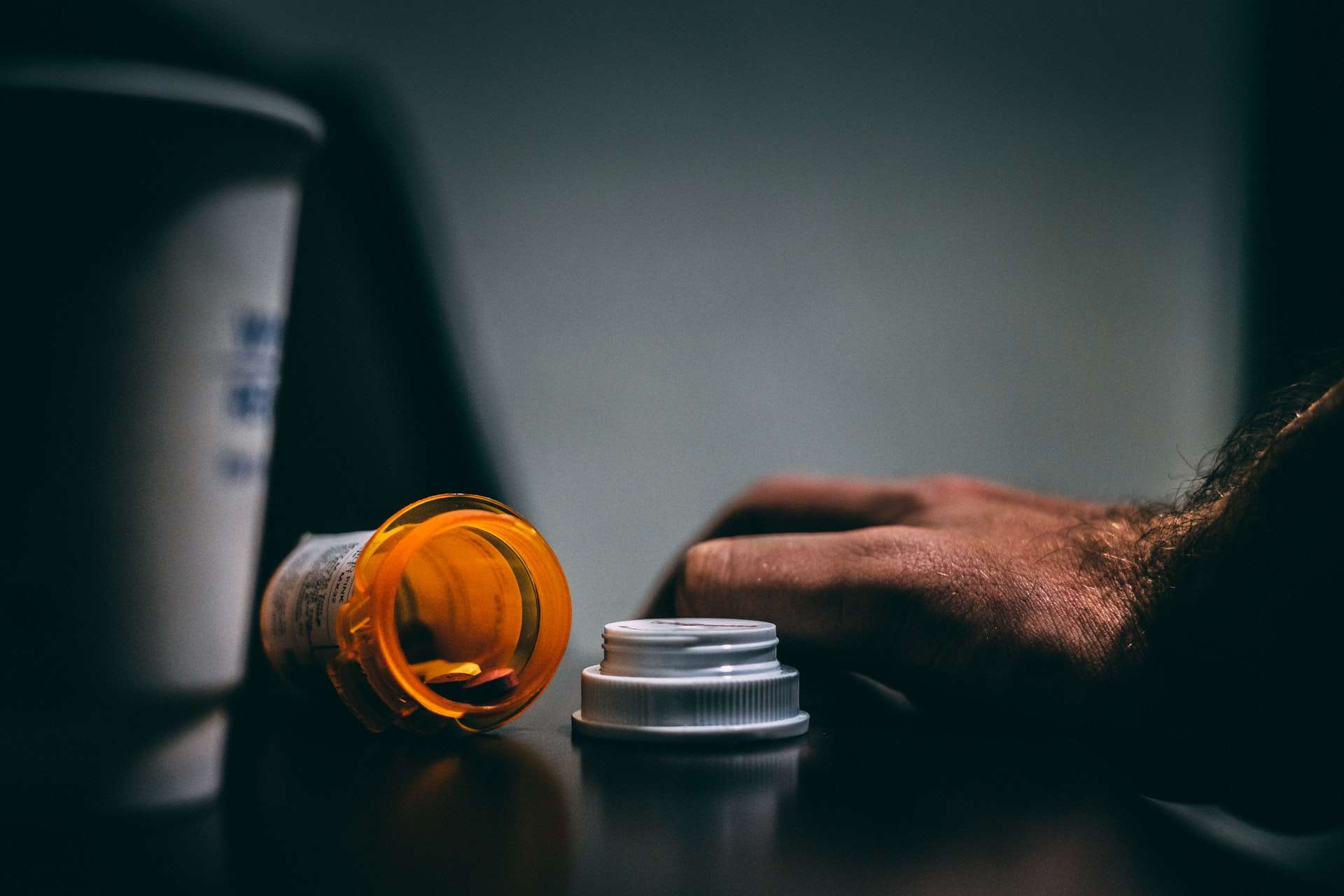Substance Use Disorder
Substance use disorder (SUD) occurs when the use of alcohol and/or drugs causes significant impairment, health problems, disability and failure to meet major responsibilities at work, school or home.
According to the American Psychological Association, the ongoing stress and uncertainty of the COVID-19 pandemic have led to an increase in mental health issues such as anxiety, depression and the misuse of substances – especially alcohol, opioids and stimulants. Roughly 13% of Americans reported starting or increasing substance use as a way to cope with stress or emotions related to the pandemic.
Overdoses have also spiked. The early months of the pandemic brought an 18% increase nationwide in overdoses. According to the American Medical Association, more than 40 U.S. states have seen increases in opioid-related mortality, along with ongoing concerns for those with substance use disorders.
These trends are also captured by the National Center for Drug Abuse Statistics. Key findings include:

Alcohol Abuse
Alcohol abuse, alcoholism and alcohol use disorder (AUD) kill over 3 million people each year, accounting for up to 6% of global deaths.
Prescription Drug Abuse
Prescription drug abuse is insidious and widely misunderstood. Young adults are the heaviest users, but older and elderly patients are at heightened risk of misuse and addiction.


Opioid Epidemic
The opioid epidemic is considered a public health emergency, with 136 deaths per day and climbing.
Facilitating Alcohol Screening & Treatment
The Agency for Healthcare Research and Quality is funding efforts to increase participation in the quality improvement initiative Facilitating Alcohol Screening & Treatment – a nine-month program, with six months of practice facilitation, for primary care practices to address unhealthy alcohol use. In partnership with the University of Colorado, Contexture is pleased to offer primary care practices in Arizona and Colorado the opportunity to join the FAST program.
What practices receive:
Enroll today
Visit practiceinnovationco.org/alcohol to learn more, enroll and select Contexture (CORHIO) as your preferred Practice Transformation Organization (PTO.)
(When you select the FAST program at the top, after completing your contact information, you’ll be asked to select your preferred PTO.)
Battling the Opioid Epidemic
The Arizona HIE successfully launched and completed the statewide campaign, Click for Control, an initiative designed to support the electronic prescribing of controlled substances (EPCS) requirement in Arizona (applied to any prescription of a Schedule II controlled substance considered an opioid). The goals of the campaign were to increase EPCS in Arizona and prepare Arizona prescribers for the new state requirements mandated by the Arizona Opioid Epidemic Act.
The campaign was successful due to a collaborative, two-fold approach focused on targeted education for providers and lobbying for several key policy changes, including:
Related Links:
Arizona Town Hall Report: Mental Health, Substance Use, and Homelessness, “Creating Connections, Improving Lives: Health Information Exchange in Arizona,” by Melissa Kotrys, MPH, CEO, Contexture, page 91.


